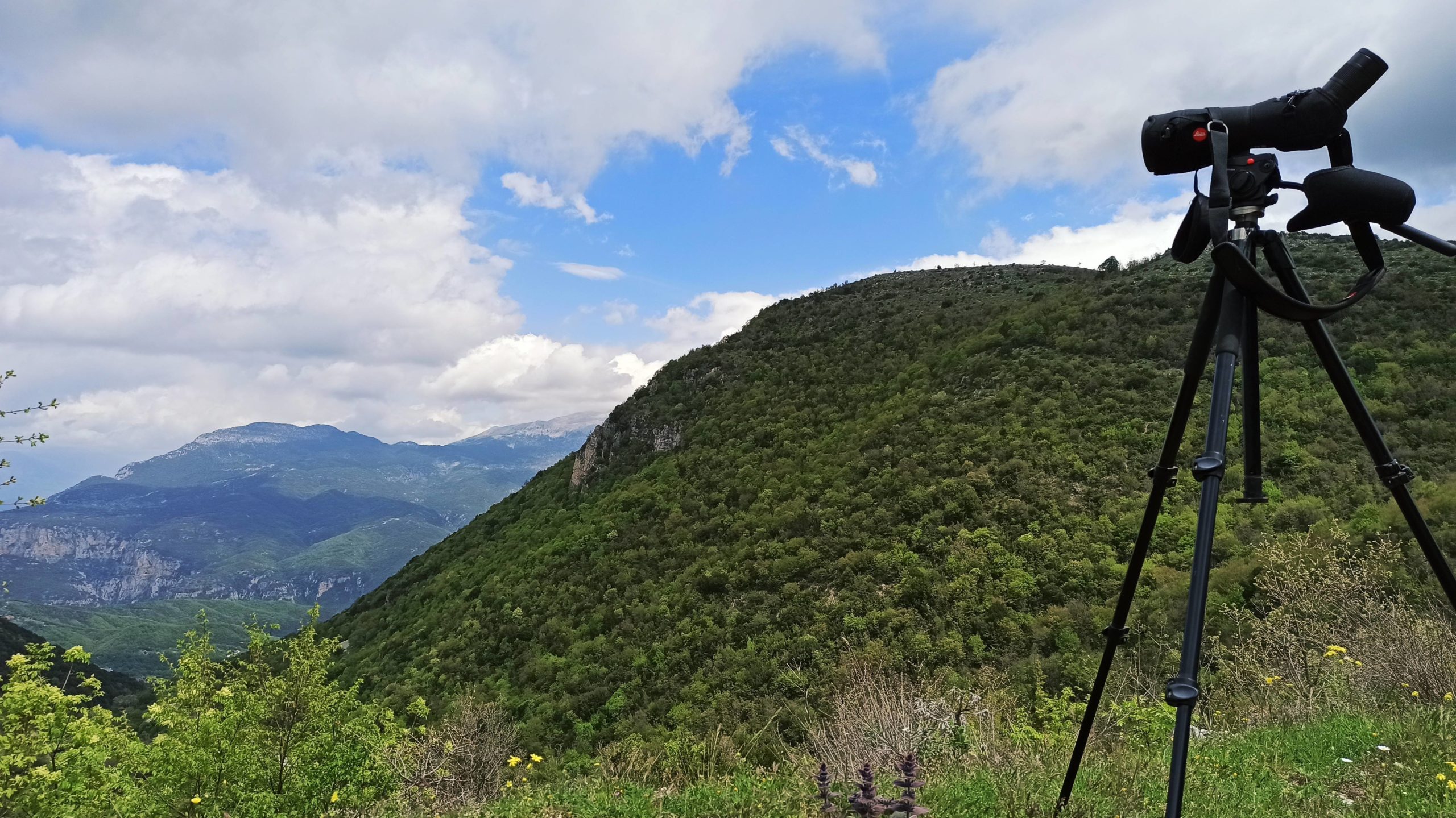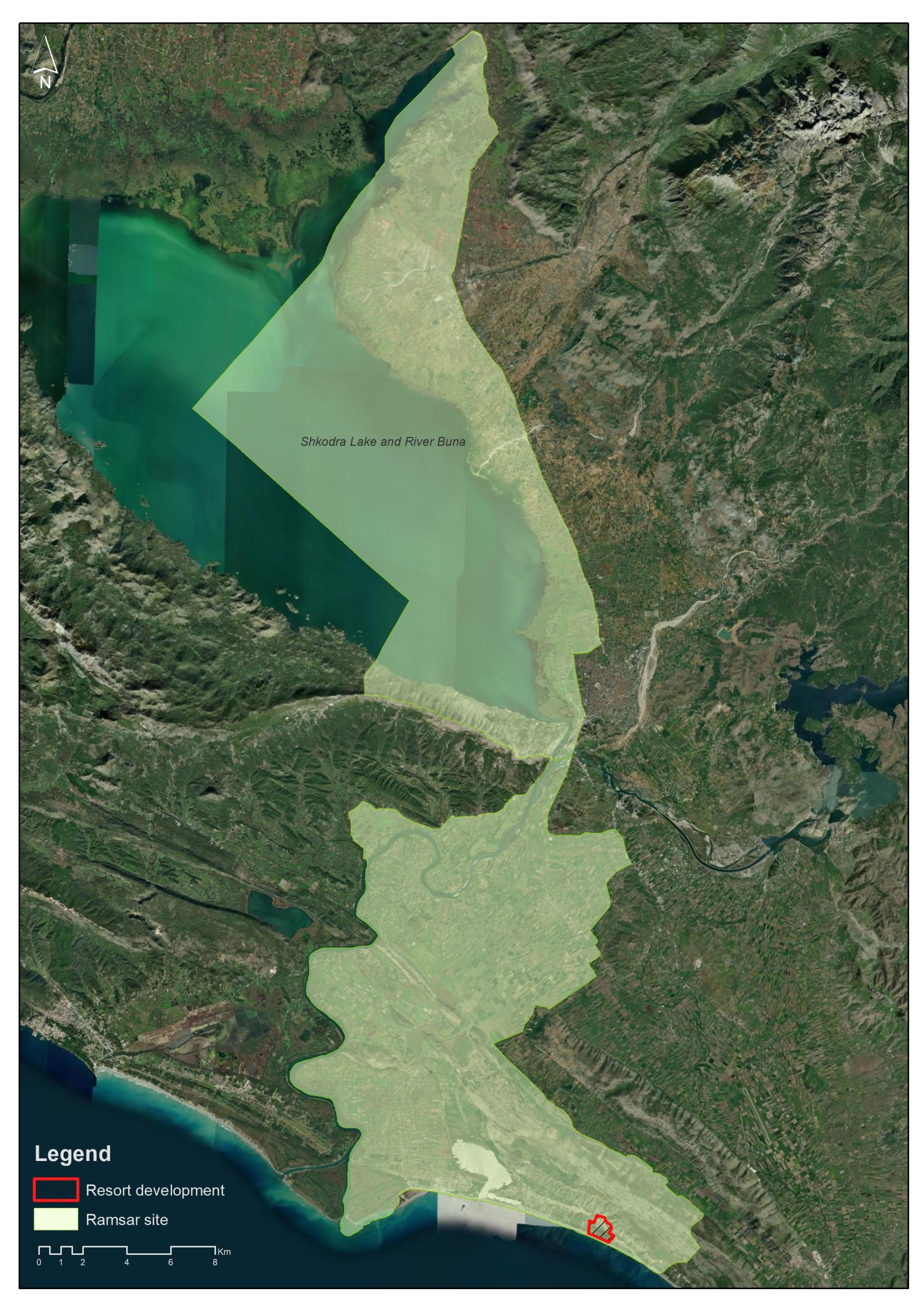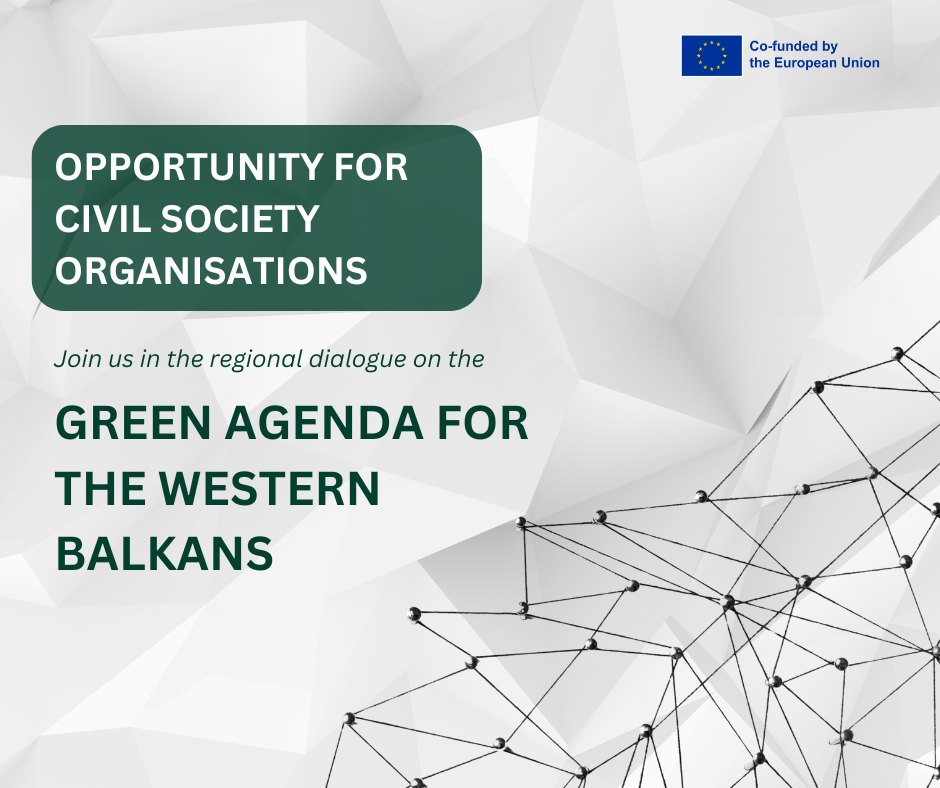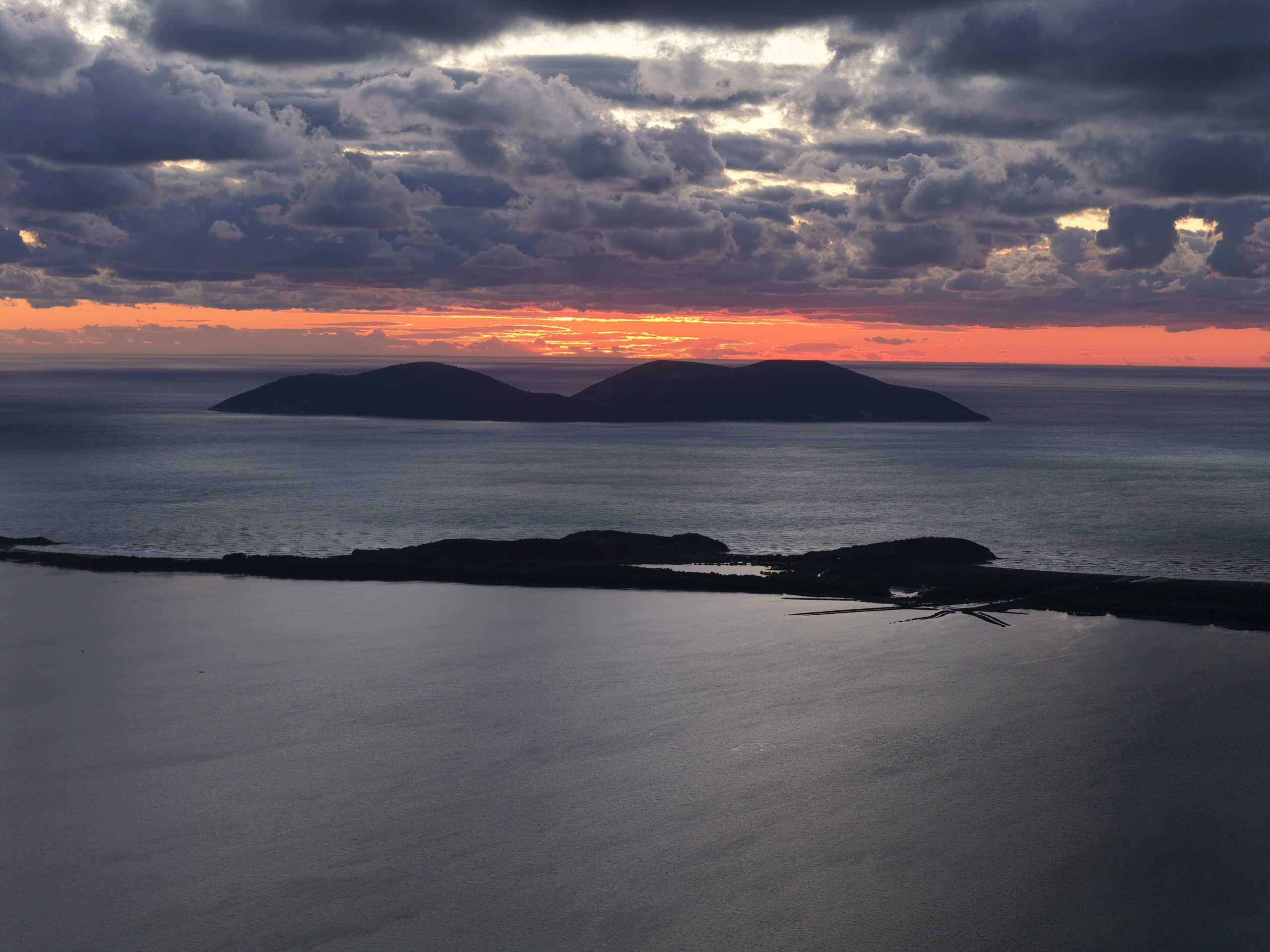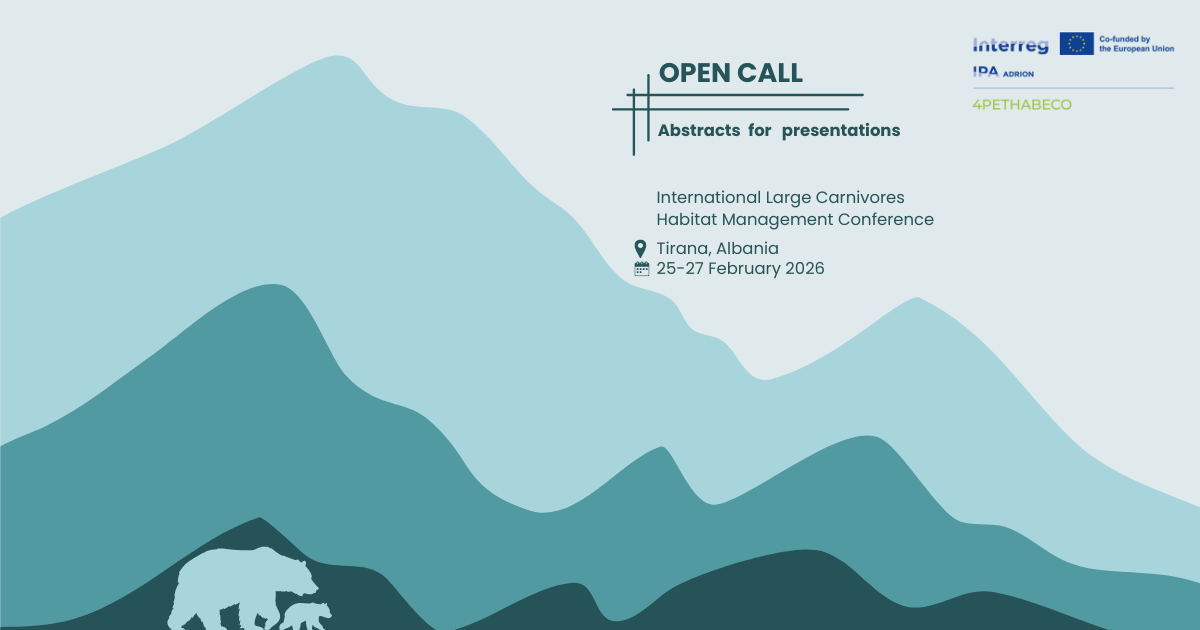The spring monitoring of the species in the Balkans has revealed
the same number of occupied territories as in 2019 – 51, while the number of pairs is 45 (vs 46 in 2019). However, a shift in the numbers is being observed, with a slight decrease in all countries except for
Bulgaria where both the number of territories and pairs have increased.
Bulgaria holds most of the population on the peninsula with
26 occupied territories and 25 pairs (51% and 55% respectively), 21 of which are incubating. On the contrary,
the Greek population has dropped to another historical minimum with only three pairs left in the region of Thrace. A single male with a territory seems to be the last Egyptian vulture in Western Greece.
The number of occupied territories in Albania is eight (five are occupied by pairs and three by single birds) showing a slight decrease compared to 2019 (6 pairs, 3 single birds). However, the total number of occupied territories has decreased by 43% since 2006 (from 14 to 8).
There are 12 breeding territories occupied by pairs in Republic of North Macedonia so far (13 in 2019). A few more will be surveyed in the next month so we expect the number of occupied territories to grow (Figure 1 & 2).
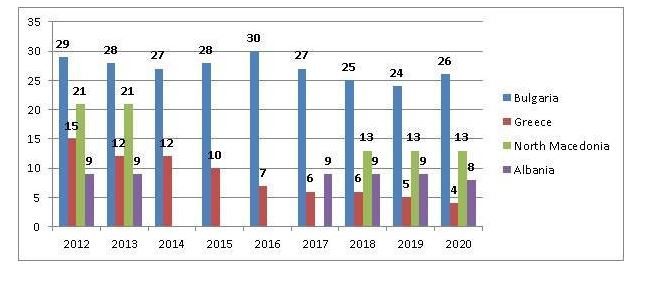 Fig.1 Number of occupied territories in the Balkans (2012 – 2020)
Fig.1 Number of occupied territories in the Balkans (2012 – 2020)
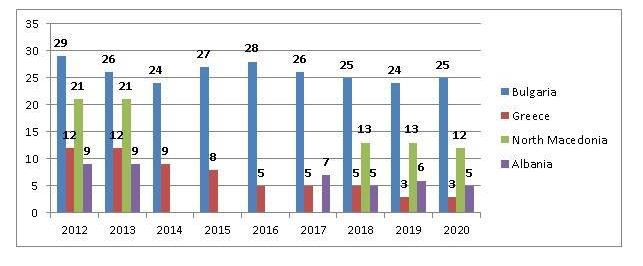 Fig.2 Number of pairs in the Balkans (2012 – 2020)
Fig.2 Number of pairs in the Balkans (2012 – 2020)
The network of feeding stations across the Balkans is expanding and supports part of the population directly. One of the most important is Studen kladenets feeding station – in the core of the population in the Eastern Rhodopes- and which is currently maintained in the frame of the
LIFE project “Conservation of black and griffon vultures in the cross-border Rhodope mountains”. At least five different pairs in the area feed there regularly. Another feeding station is operating in the periphery of the Eastern Rhodopes to support floaters. The feeding sites in Greece are open too, a new one operates on Crete island, although only during autumn migration. Albania already manages two small feeding stations in the vicinity of two Egyptian vulture territories. Another one operates in North Macedonia to support the local pairs. The feeding stations might play an important role in the conservation of the species in the Balkans, attracting and providing safe food to floaters and pairs.
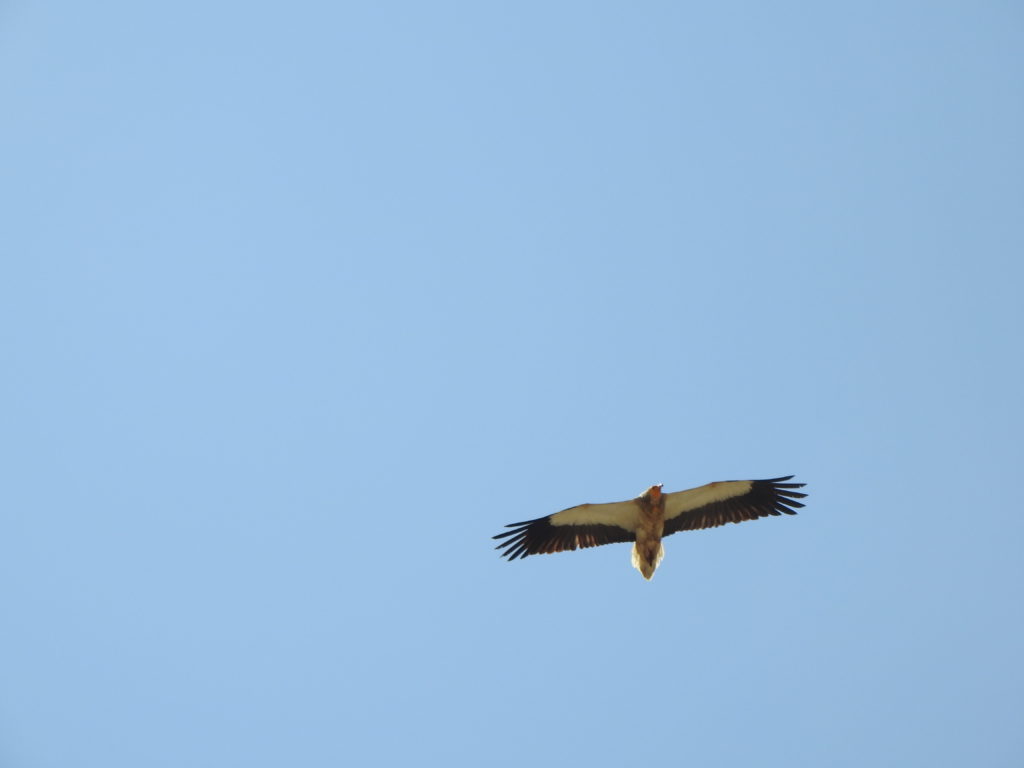
 Fig.1 Number of occupied territories in the Balkans (2012 – 2020)
Fig.1 Number of occupied territories in the Balkans (2012 – 2020)
 Fig.2 Number of pairs in the Balkans (2012 – 2020)
The network of feeding stations across the Balkans is expanding and supports part of the population directly. One of the most important is Studen kladenets feeding station – in the core of the population in the Eastern Rhodopes- and which is currently maintained in the frame of the LIFE project “Conservation of black and griffon vultures in the cross-border Rhodope mountains”. At least five different pairs in the area feed there regularly. Another feeding station is operating in the periphery of the Eastern Rhodopes to support floaters. The feeding sites in Greece are open too, a new one operates on Crete island, although only during autumn migration. Albania already manages two small feeding stations in the vicinity of two Egyptian vulture territories. Another one operates in North Macedonia to support the local pairs. The feeding stations might play an important role in the conservation of the species in the Balkans, attracting and providing safe food to floaters and pairs.
Fig.2 Number of pairs in the Balkans (2012 – 2020)
The network of feeding stations across the Balkans is expanding and supports part of the population directly. One of the most important is Studen kladenets feeding station – in the core of the population in the Eastern Rhodopes- and which is currently maintained in the frame of the LIFE project “Conservation of black and griffon vultures in the cross-border Rhodope mountains”. At least five different pairs in the area feed there regularly. Another feeding station is operating in the periphery of the Eastern Rhodopes to support floaters. The feeding sites in Greece are open too, a new one operates on Crete island, although only during autumn migration. Albania already manages two small feeding stations in the vicinity of two Egyptian vulture territories. Another one operates in North Macedonia to support the local pairs. The feeding stations might play an important role in the conservation of the species in the Balkans, attracting and providing safe food to floaters and pairs.

